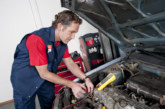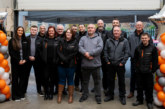DENSO continues to fund remanufacturing programme
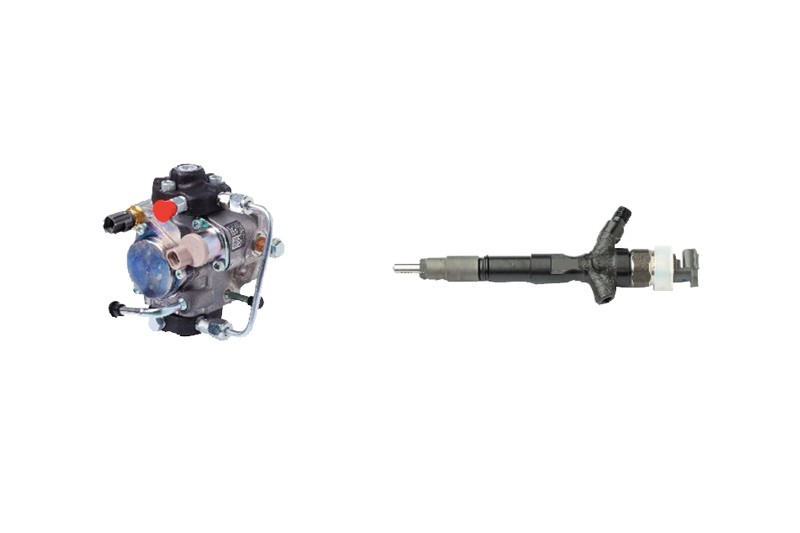
Environmental sustainability is one of DENSO’s main priorities, as it endeavours to play its part in limiting the use of the world’s precious resources. Part of that strategy is to reuse its existing components that have reached the end of their normal service life and rebuild them into premium quality units to be reintroduced into the supply chain.
DENSO believes it is widely recognised as one of the world’s largest OE component manufacturers and system suppliers, with an extensive aftermarket portfolio, which is why it also continues to develop its remanufacturing programme, both in terms of the range and its customer base.
DENSO Operations Manager, Andre Koppenol, explains how promoting remanufacturing and recycling is important in contributing to “the goal of securing the future for generations to come”.
He said: “One of the primary benefits of remanufacturing existing parts, compared with producing a brand new component, is the reduction in CO2 that it secures. Fortunately, we have three product groups to which we can apply this process: rotating machines (starters and alternators), diesel fuel injectors and pumps, and nickel batteries, which are primarily used for hybrid vehicles.
“Although at present 80% of the programme is remanufactured for VM replacement parts supply (OES) and 20% for the independent aftermarket, it is the independent sector that presents the greatest potential for growth and why we wish to raise awareness of our activities and the opportunities it provides this supply channel.
“However, one of the key elements within the whole remanufacturing cycle is to have an adequate supply of old units, or ‘core’, with which to work. With these we can put into action the process of reusing what would normally be a waste product and rebuild them into premium quality replacement components that can then be resupplied into the appropriate channel.
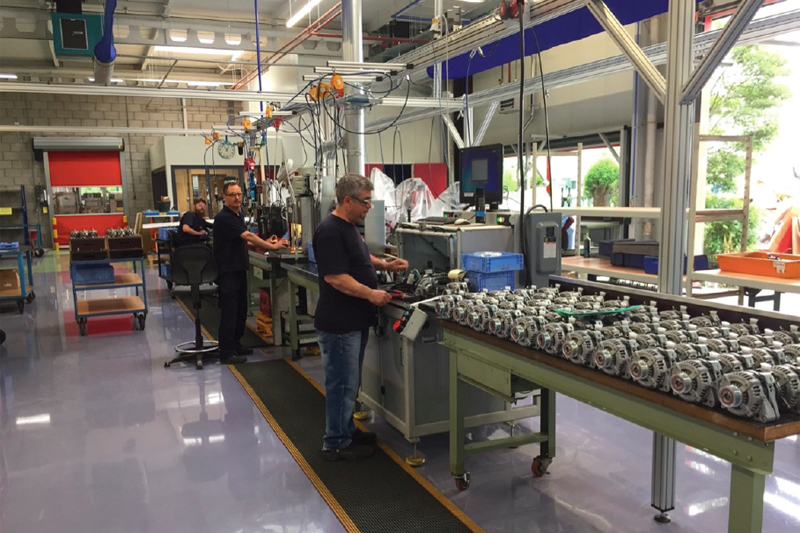
“The complete remanufacturing procedure is not an easy task and requires a skilled workforce, as well as dedicated facilities, which we have at our 2,400m2 site in the Netherlands. Here we have a team of 15 people, across the three product groups, who ensure that we can correctly sort and clean the core before we begin to rebuild each unit, replacing every worn or defective part during the process, until we have a complete unit that then goes on to the testing phase of the operation.
“Irrespective of the product that we remanufacture, its quality is the most important, which is why we have very strict internal protocols and before any product is introduced into the programme, it is carefully tested by our colleagues in Japan, before it is added to the range and offered as a DENSO component.
“However, by applying the various steps in this complex overall process, in addition to ensuring the quality of the parts, we are already reducing our annual CO2 emissions by more than 11t, which can only have positive effects on the environment.
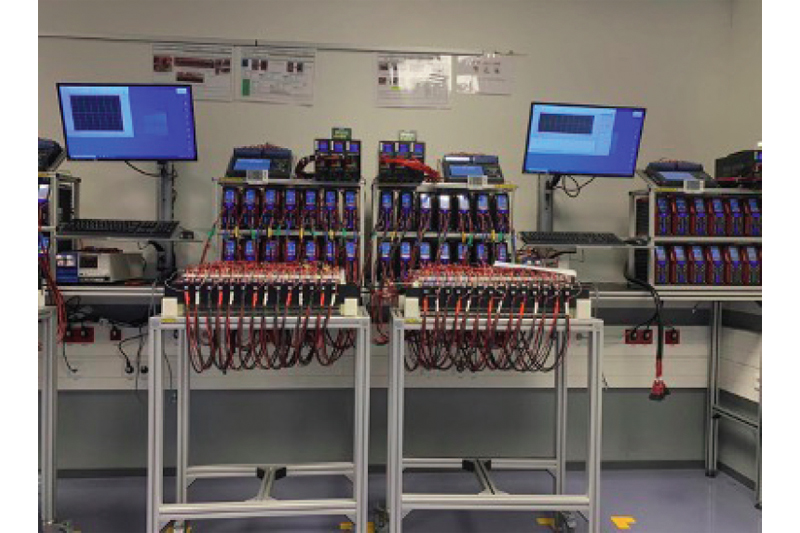
“Alongside the quality of the product, the environmental benefits and the CO2 reductions, our ultimate aim is to be a carbon neutral manufacturer. As part of this process, we only purchase the electricity we need to remanufacture these components from green energy suppliers. So, although there is still more to accomplish, we are making a positive contribution to the environment.”
Product presentation also “very important”
“In terms of the packaging, although sustainably sourced, (this) reflects the premium nature of the DENSO brand and its business principals. In other words, not only is the unit of premium quality, but its presentation is also of the highest standard.
“In common with the entire automotive industry, the programme is also reflecting the transition from the conventional ICE to HEV and BEV technologies. So, although most of our current capacity is concentrated on rotating machines and diesel injectors, we are actively in the process of expanding the programme to include inverters and converters, transaxle motors, electrical compressors and lithiumion batteries, alongside the existing nickel battery remanufacturing. This is an avenue we must develop for the independent sector, because within the next decade, many of these HEVs/BEVs will be visiting the independent workshop for service and repair, not the VM dealer network.
“So, because of the changing nature of the industry and the ongoing push towards a carbon neutral future, DENSO’s remanufacturing programme is only going to grow, and that’s good news for environmentally conscious businesses that want to supply the very best in both quality and sustainability.”




